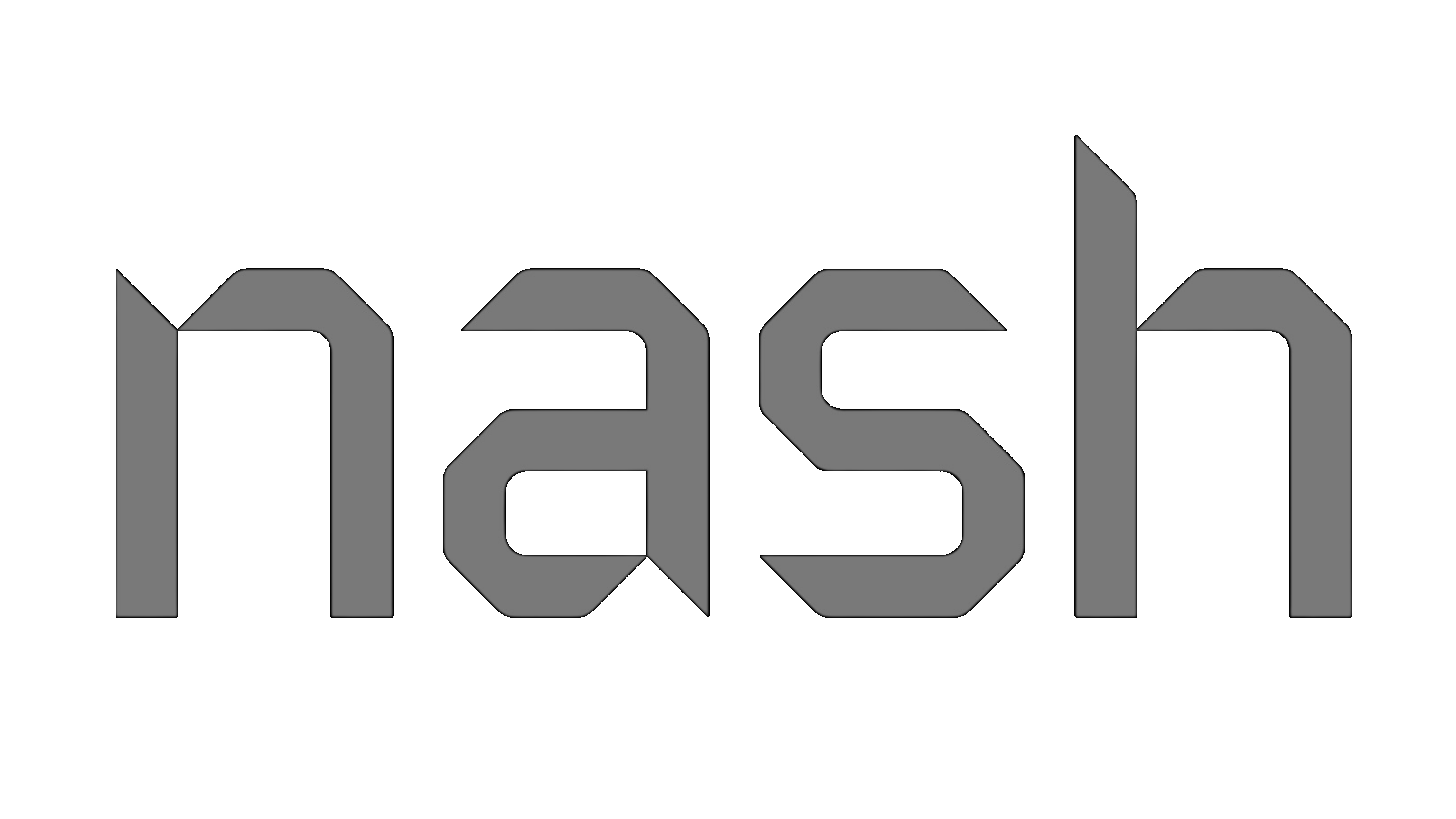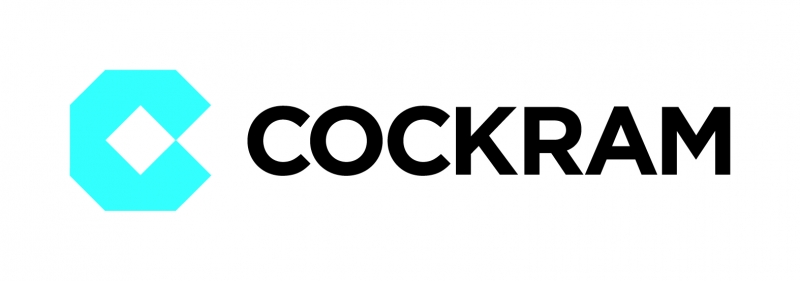
The Bypass Guide to Nailing the Interview
Reading time - 10 minutes
Welcome to the Bypass Guide to Nailing the Interview!
So we've done the following;
1. You've successfully sharpened up your resume using The Bypass to Sharpen your Resume - coming soon.
2. You've discovered and applied for roles using the Bypass portal and now;
3. You're waiting for, or already been invited to, an interview. This page is for you.
The interview is the time to double down and put all chips on the table to impress your potential employer. You will get a single opportunity to show them that you're capable of creating value for their company and in return, progressing your career whilst being paid appropriately for your time.
But how do you put your best foot forward? How do you illustrate that you are the one they’ve been searching for? There are three key items to evaluate and prepare for;
· Understanding and managing your expectations
· Know the company, do your homework
· The psychology of interviewing
Your expectations – what are you looking for in a new company?
Before knowing the company and the role, you need to have a firm grasp on what you are expecting for yourself. You should manage your expectations and be clear and concise during your interview on all matters that you want clarification on. Such items include;
Know your expected working hours.
Do you expect to work Monday to Friday, 8am to 5pm? This may be acceptable for some roles such as Estimators, but is not a reality for the vast majority of Site Manager roles for example. Understand the role you are applying for and the hours required.
Know your expected travel times.
Are you prepared to travel for a role? Maybe you will be required to frequently travel interstate, or you will have a regular 2-hour commute to a construction site. Is the site and office location easily accessible by public transport? If you will be working 10 hour days, travelling 2 hours each way is a guaranteed way to make you go crazy. No-one likes sitting in traffic. No-one.
Know your expected salary.
We would all enjoy a 9-5 desk job that pays millions but it doesn't exist. Let's not kid ourselves - salary is always a sticky point, and you should know what you're prepared to accept. Aim for a figure that is commensurate with your experience and the market rate, but not so ridiculously high that you have to sell your soul to a company to justify it. Know your expected salary and stick to it. When asked the question, confidently convey your expectation.
Know the culture you want to work at.
Now is your opportunity to undertake a self-audit and recognize what sort of environment you want to work at. Consider the pros and cons of working at either a small or a large company. Do you want the corporate “suit-and-tie” role, or are you happier in the aforementioned chinos and beard? Perhaps you feel at home on site getting your hands dirty. If you're a party person who enjoys loud noises and rolls up to work on a Vespa in chinos with a rough unkempt beard, you are more suited to a young upstart then a corporate Tier 1 role.
Every company has developed their own culture and it is your responsibility as an employee to mould into the existing scenery, not to attempt to disrupt it. Remember this as you decide what to wear to your interview.
Culture is an important part of where you work, and could be a reason you are looking for a new role. Do you have any negative experiences that haunt you? Remember the positives from this situation and how it made you better at your role. Always spruik the positives. No-one appreciates negativity!
Take the time now to write down your expectations on the points above and any others you deem relevant. Next to each expectation, list what you are prepared to compromise on and what is non-negotiable. Remember to raise these at your interview!
Know the company, do your homework!
The surest way to win an employer's affection is to have an intimate understanding of their operations before you even step in their office. What particularly should you familiarise yourself with?
Their background
Every story has a beginning, and you should know the start of the story you will be joining. Who the directors are, where they have worked previously, what their ambitions are, etc. Plenty of resources exist on the internet (eg; their own website) that will provide you with the information needed.
Their projects - past, present, and future
Like a first born child, Managing Directors will often speak fondly of the projects they first constructed with their own companies. Find these projects and understand how and when they were built. Know of a few sites the company is currently developing? Pop around and have a look, and think of how much value you can add for them. When you sit in that interview room and show you've done your research, your market value increases exponentially.
Their culture - square peg, square hole
Tying in to the above, you should understand the culture of the company you have applied for. You don't want to be turning up to a corporate role in jeans and Chuck Taylors, particularly if you have no inclination to wear a suit or pair of sharp pants. Likewise, no-one likes the guy who wears suits when the environment is more relaxed. Try and find some of their office photos on the web and get a feel of who you'll be working with.
The company role - what will you be doing?
Understanding the roles and responsibilities the company applies to your position is more of an art form then an exact science. What one company calls a Junior Project Manager, another may call a Senior Contract Administrator, while another calls it a Project Engineer. It varies widely and you should familiarise yourself with what will be expected of you should you be successful. When interviewing, be sure to detail how your background and experience will be beneficial to them moving forward.
The psychology of interviewing
You know your expectations and what you want for your next role. You know the company like your family. You understand the role you're expected to perform. And now you're ready to present yourself for an interview.
The internet is abounding with generic interview advice such as be mindful of your body language, stare the employer in the eye, firm handshake, deep voice, etc. But is forcibly changing your behaviour to match a certain stereotype the best way to show the real you? Do you really want the first impression of you to be an aloof, aggressive extrovert when in reality you're a quiet achiever focused on getting a job done?
There is one cliché that will serve you well on how to present to an interview; be yourself. But don't just be yourself, BE YOUR BEST SELF.
You may naturally exude pure confidence, you may be strong and focused and ready to take on the world, and everyone who knows you would agree. But in an interview when all chips are on the table you may become edgy and not perform at your best. It happens to the best of us and is a natural human response to stressful situations.
Being your best self, the person your friends know you as, is a state of mind that is brought about by being comfortable and accepting of your stresses. You can receive all the tips known to man on handshakes and eye contact, but if you're stressed those tips amount to nothing and your confidence will shatter.
So how do you "activate" your best self? We need to go back to a time when you felt pure success and recall it like it was yesterday. The following procedure is tried and true and though it may sounds strange at first, give it a chance. You may surprise yourself.
30 minutes before you arrive for your interview…
- Find a quiet space to yourself, close your eyes, take a few deep breaths and count each of them to 10. Your mind should now be calm.
- Now remember an event you were out with your friends having a great time and you felt comfortable to just be you. Remember the sights, the sounds, the smells, the feelings you experienced. Remember it as if you were there again. Feel the confidence and happiness of the occasion. Stay in this memory for a few minutes until you feel your whole body is back in that place. This is your best self.
- Now imagine yourself sitting in your interview. Using these feelings of confidence and happiness, project your best self in to your future self. Feel the surge of self-assurance as you interview for a position you know will be yours. You know you're successful and you will get the job, feel that emotion and embrace it.
- Now open your eyes.
Did you do this exercise? If not, seriously, give it a try. If you did, how do you feel? Do you feel that you could walk into the interview now and without even having to think about it you'd have a firm handshake, great eye contact, and confident body language?
You don't need tips on those things, you can do them naturally. Simply be your best self. Practice this exercise in the days leading up to your interview.
Now go "Nail that Interview"
Nailing the interview is a three-part process;
1. Know what you want
2. Know the company you've applied for
3. Prepare yourself mentally
The above three points will put you in the best possible position to get the job offer. If you've been invited to interview the company is already interested in you. You just need to put your best foot forward!
As a final point, consider the travel time needed to get to your interview. Aim to get there at least 15 minutes early. Early is on time, on time is late, and late is unacceptable! Saving the world from an evil alien invasion may be an acceptable excuse for being late, but traffic, parking, or the dog eating your keys are not. Plan ahead accordingly.
If in doubt on any of the above, please contact the Bypass Team on 1300 314 125 or support@bypass.net.au. We are here to help!
Still looking for job opportunities?
Featured Employers






